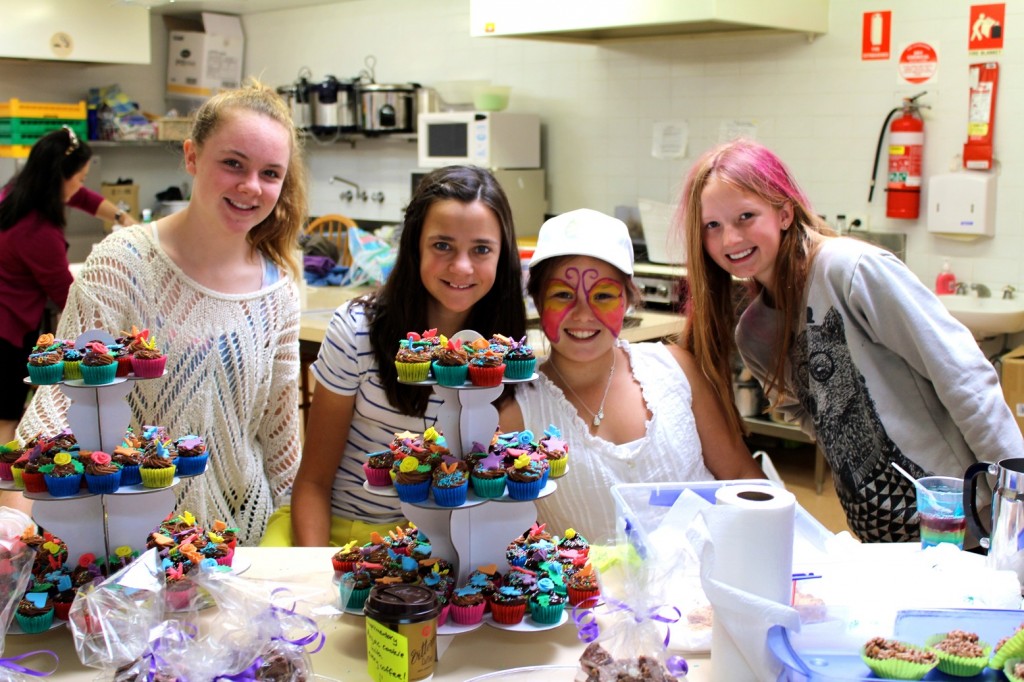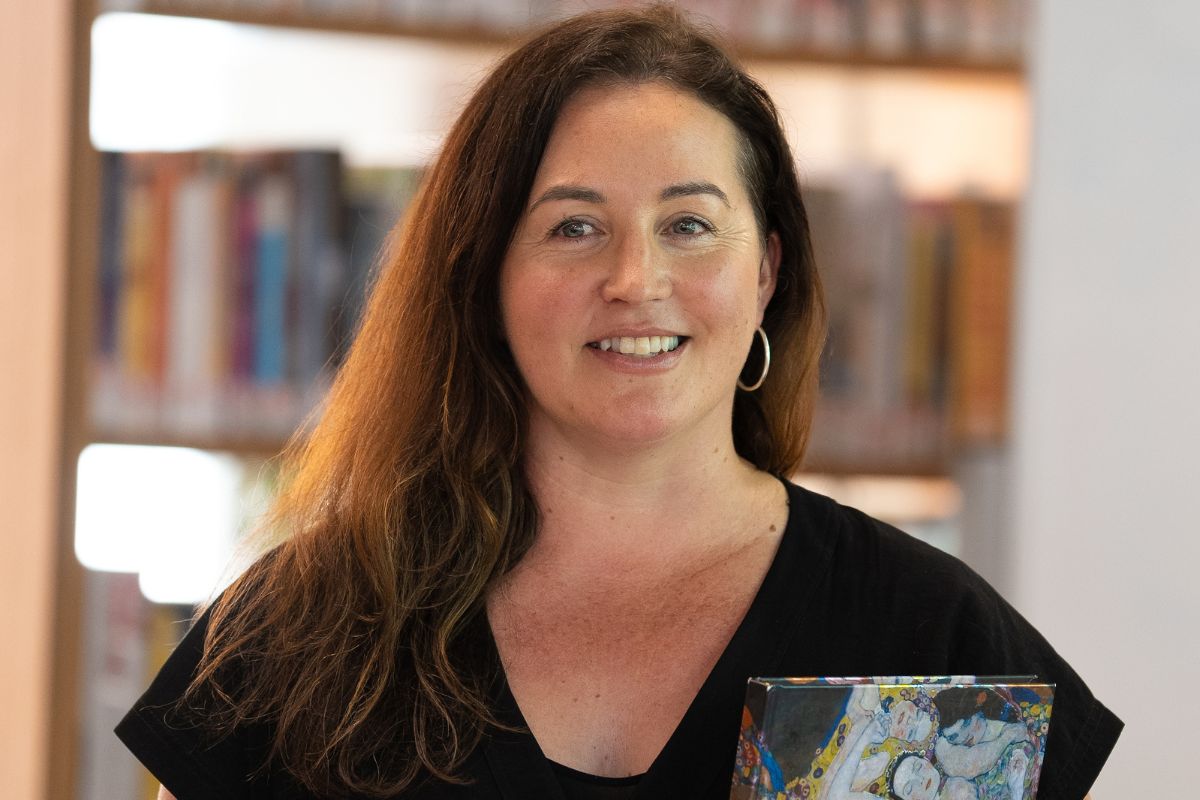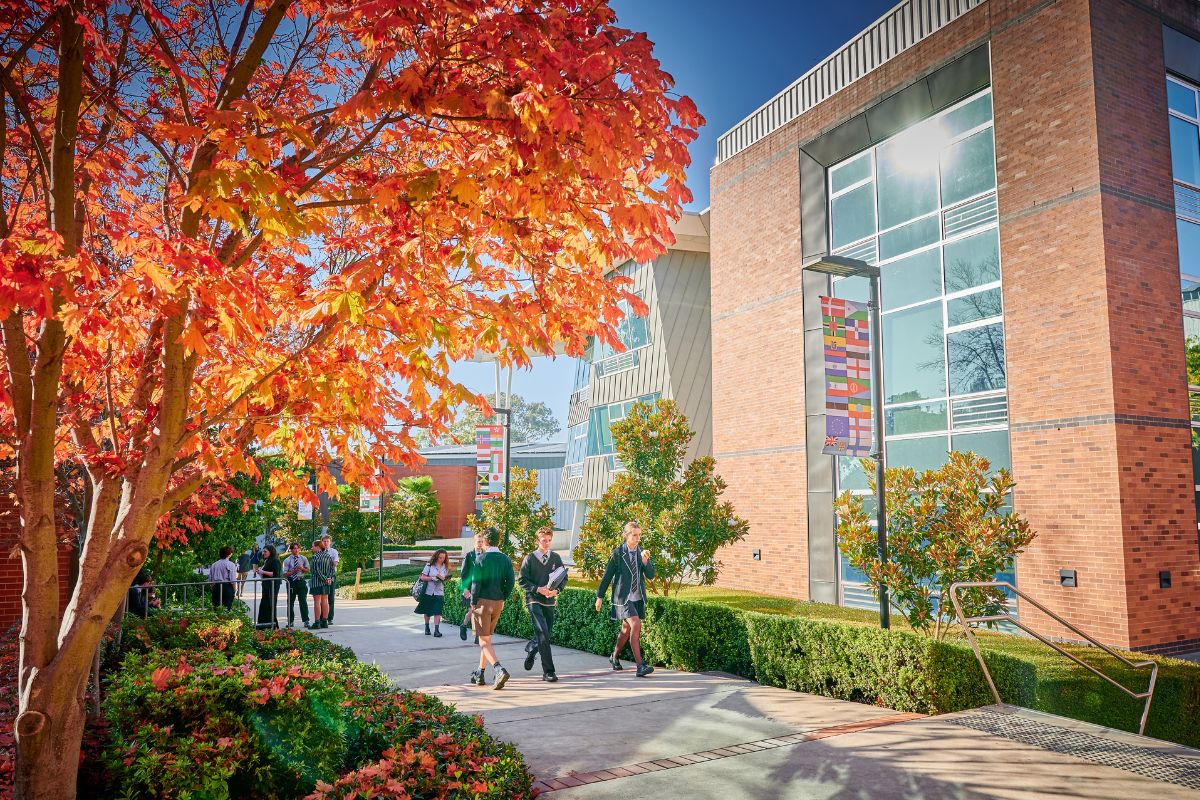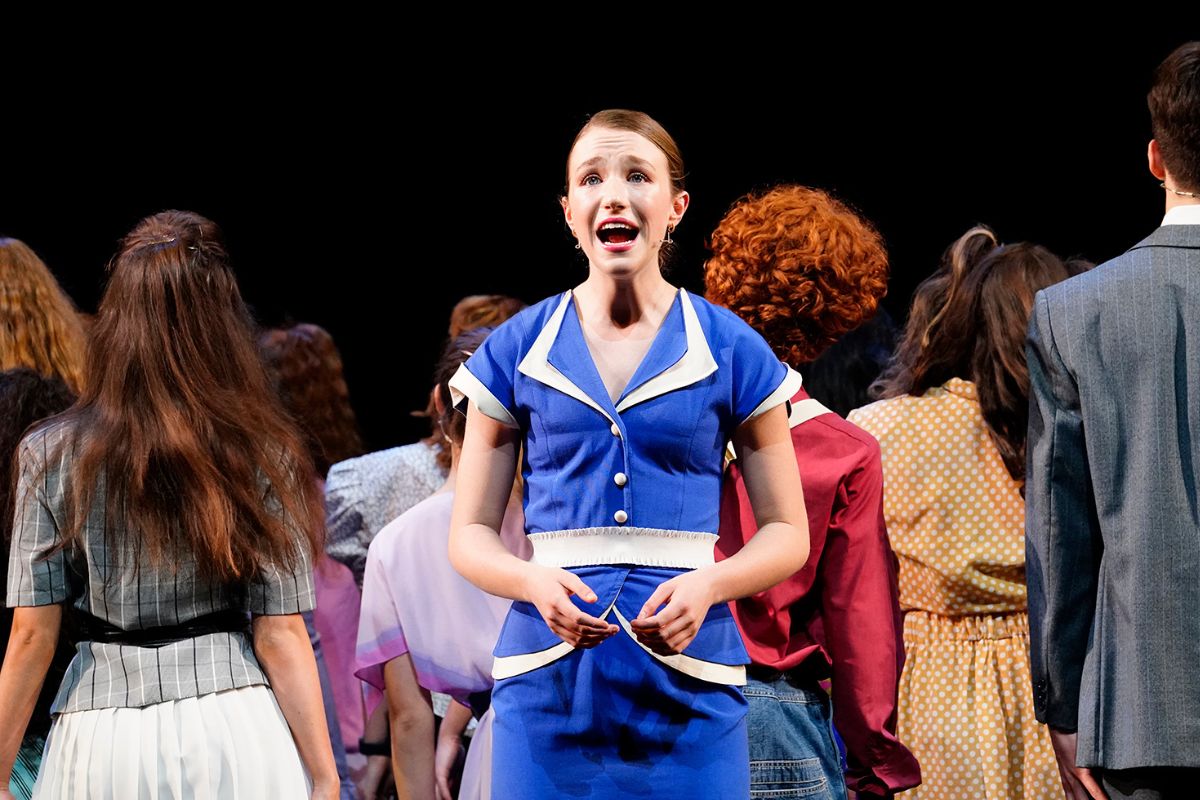A Lesson in Living

In the age of social media, it seems the youths of today are increasingly connected to human rights and social movements on a global scale. Gone are the days of education existing within the walls of a classroom. Encouraging young people to be agents of change prepares them for a future of being active members of society and believing in something beyond what they learn in a textbook.
How to get involved
There are various programs and organisations that promote the collaboration between peers, parents and schools to help educate children in social awareness.
Kids in Philanthropy
KIP is a sub-fund of the Sydney Community Foundation. It is an innovative philanthropic fund created to teach children the art and skill of giving. KIP focuses on building social awareness, social conscience and the practice of giving for kids. The organisation promotes the development of a greater social awareness, which begins by educating younger generations in the development of a social conscience.
By hosting workshops, participating in KIP events and volunteering for various programs, KIP strengthens the bond between schools, parents and classmates by the mutual desire to work together for a greater cause. It creates a broader knowledge and awareness of the world that, in turn, benefits students’ individual development and self-awareness. It is only through understanding the world around us that we are truly able to understand ourselves. KIP provides a vehicle for this collaboration to occur. “We want to bring philanthropy back into the home, make it the heart of dinner time conversation and most of all we want to spread the benefits of giving — not only among the families involved, but through the communities that benefit,” says Dr Catriona Wallace, Founder of Kids in Philanthropy.
Agents of Change
Agents of Change is a program that offers workshops for schools and teachers in social-change making and philanthropy. Young people are engaged when the information being taught to them is relevant. The workshops are run in a way that breaks down the traditional dynamics between students, teachers and parents. Giving students the knowledge of these philanthropic topics encourages responsibility for the world around them and, most importantly, empowers them to feel that through this knowledge they are able to contribute to the world in a significant way.
Agents of Change recently ran workshops at a Melbourne based school with 150 students. The workshop — using examples like Movember, Who Gives a Crap and Y-GAP — consisted of defining what it means to be a philanthropist, social entrepreneur and volunteer and how these are all interrelated. They discussed concepts such as calculated risk-taking, trust, respect and the power of story-telling (aka pitching).
Rather than lecturing from the front of the room, the workshop aimed to interactively engage students by getting them involved in various exercises. The students’ homework was to think of a 30-second pitch on how they would change the world. They were then asked to stand opposite each other and explain their idea in 30 seconds, then in 15 seconds. Through this they realised how important it is to be clear in your message and how easy it is to talk about something you are passionate about. This was then linked to the concept of positive psychology and ‘wellbeing theory’, which suggests that by surrounding yourself in a positive environment, hanging out with positive people and thinking positively, you are more likely to lead a happy and fulfilled life.
The workshop furthered this by helping students discover their character strengths and taught them that if they align these to their passions then work will never be work. These workshops not only help to educate young people in social awareness but also give them the knowledge and the skills to find their own voice and have the confidence to make it heard.
For more information visit http://kip.org.au/
Other Avenues
School-based workshops are a great tool for educating young people in these practices but they are not the only way to get involved. Start small; Pay it Forward starts in the home and one of the easiest ways to introduce your children to the world of philanthropy is simply by talking about it. The Pay it Forward organisation teaches people to give without the intention of receiving something in return. As stated on the Pay it Forward website, “One good deed might not seem like much, but if everyone did something good for someone else, then the cycle of generosity and kindness can spark us to become better people.”
This is a fantastic way to begin developing self-awareness by being in touch with the needs of others around us. The Pay it Forward strategy uses a card with 24 boxes on the back which are ticked off by each person as the card travels around — each box contains the potential for future good deeds as others start to Pay it Forward.
For more information visit
www.pifexperience.org.
Words: Vanessa Bruzzaniti


